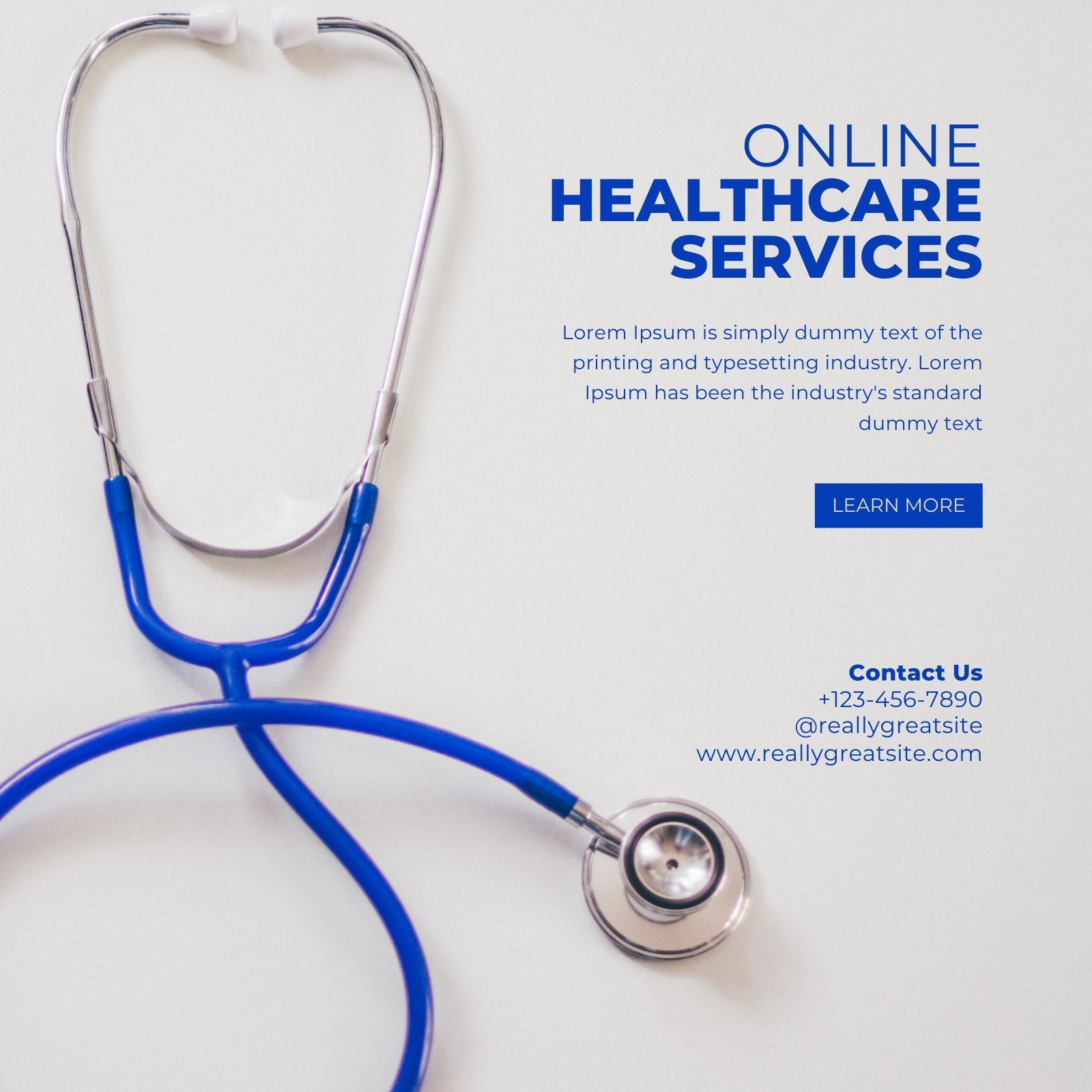The Impact of Subscription Based Healthcare on Conventional Medical Practices
The Impact of Subscription Based Healthcare on Conventional Medical Practices
Blog Article
The Rise of Subscription-Based Health Care and Its Influence on Person Care
As healthcare progresses, the subscription-based design is getting grip, promising to change individual treatment by offering predictability and access. These models, which bypass standard insurance policy, can redefine the patient-doctor dynamic, highlighting preventative and individualized care. As with any advancement, they provide challenges, especially concerning equitable access for all socioeconomic groups. The potential for these versions to improve medical care distribution raises pressing inquiries regarding their lasting sustainability and inclusivity. Are these subscription solutions the future of healthcare, or do they take the chance of leaving vulnerable populations behind? The ins and outs of this shift warrant a more detailed assessment.
Comprehending Subscription Health Care Versions
Comprehending the concept of membership healthcare models entails taking a look at a transformative strategy to clinical solutions that stresses cost and access. These designs, commonly described as direct primary care (DPC) or concierge medication, have actually become cutting-edge choices to conventional fee-for-service healthcare systems. Membership health care permits individuals to pay a fixed month-to-month or annual fee for a defined set of medical solutions, which may consist of limitless office visits, regular exams, and basic lab examinations, without the requirement for traditional insurance policy invoicing.
The structure of registration medical care designs is made to streamline patient care by getting rid of third-party payers and complex invoicing codes, consequently lowering management concerns. Doctor can focus a lot more on patient care, cultivating stronger patient-provider partnerships. This design likewise advertises preventative treatment by urging regular visits, as the monetary challenge of per-visit fees is eliminated.
The membership design typically equips medical care providers to handle smaller sized patient panels, allowing for even more individualized care. It aligns financial rewards with individual health and wellness outcomes, as service providers are inspired to maintain person fulfillment and wellness. On the whole, recognizing registration health care models requires identifying their potential to reshape how treatment is delivered and accessed.
Benefits for Individuals and Providers

With a steady income stream, medical care professionals can commit even more time to each patient, leading to a much more comprehensive and personalized care experience. The focus on preventative treatment within membership plans can lead to much better person end results and minimized lasting healthcare expenses.
Concerns and challenges
While subscription-based health care models existing many benefits, they additionally come with a set of obstacles and concerns that have to be attended to. Ease of access remains a substantial issue, as these versions usually target individuals who can manage regular monthly fees, potentially leaving out low-income populations. This raises honest questions concerning fair access to health care solutions. In addition, the different nature of subscription strategies can cause complication amongst patients pertaining to protection specifics, possibly causing unmet assumptions or poor care.
Financial sustainability of subscription-based versions is one more worry. Providers have to stabilize the fixed earnings from subscriptions with the variable prices of health care services, which may change that site as a result of unanticipated medical requirements. This can produce stress to limit solutions or rise charges, potentially affecting patient fulfillment and care quality.
Additionally, regulatory oversight of subscription-based medical care versions is still progressing. The absence of standard frameworks can cause inconsistent solution high quality and accountability, complicating efforts to make sure client security. The assimilation of innovation-- frequently a foundation of these models-- increases questions regarding information privacy and protection, as sensitive client details might be at risk to violations. Dealing with these obstacles is vital for the successful and fair implementation of subscription-based healthcare.
Effect On Patient-Doctor Relationships
One significant impact of subscription-based health care versions on patient-doctor relationships is the capacity for boosted continuity and personalized treatment. By taking on a registration version, physicians can handle a smaller person panel, enabling even more specialized time with each person. This raised schedule promotes a deeper understanding of a person's case history, way of life, and choices, enabling extra tailored therapy plans and interventions.

However, it is very important to identify that while subscription-based designs may profit those that can afford them, they Click Here could accidentally widen healthcare disparities. Clients who are incapable to take part in these models could experience lower access to individualized treatment, possibly impacting their relationships with doctor. Thus, while the subscription model uses appealing advantages for patient-doctor relationships, it additionally postures challenges that need to be addressed to make sure equitable health care accessibility.
Future of Health Care Access

The duty of modern technology can not be overlooked in this change. Telemedicine platforms and digital health records facilitate smooth communication between individuals and doctor, damaging down geographical and logistical obstacles. Additionally, developments in fabricated knowledge and data analytics can better customize healthcare by anticipating person demands and optimizing treatment strategies.
Nonetheless, the future of health care gain access to also presents difficulties, such as ensuring equity across different socio-economic teams. Policymakers and medical care companies should collaborate to connect the electronic divide, making certain that subscription-based designs continue to be inclusive and cost effective. As these systems develop, they hold the promise of making medical care more available, reliable, and patient-centric.
Verdict
Subscription-based health care models are improving individual care by supplying a steady price structure and improving access. These versions strengthen patient-provider connections via customized treatment and normal check outs, stressing preventative health. Regardless of these advantages, challenges such as availability problems for low-income populations and the requirement for equitable medical care remedies linger. The surge of subscription-based healthcare urges positive patient engagement, which has the prospective to boost client end results and fulfillment, indicating a transformative change in health care shipment.
As health care progresses, the subscription-based design is gaining traction, assuring to change person care by offering predictability and ease of access.Subscription-based medical care versions supply distinct benefits for both individuals and companies, boosting the general healthcare experience.As health care systems navigate here develop, the future of health care gain access to often hinges on the combination of ingenious designs and modern technologies.Subscription-based medical care versions are reshaping person treatment by giving a stable cost framework and boosting accessibility. The rise of subscription-based medical care encourages aggressive patient involvement, which has the possible to boost person end results and complete satisfaction, signifying a transformative change in health care shipment.
Report this page